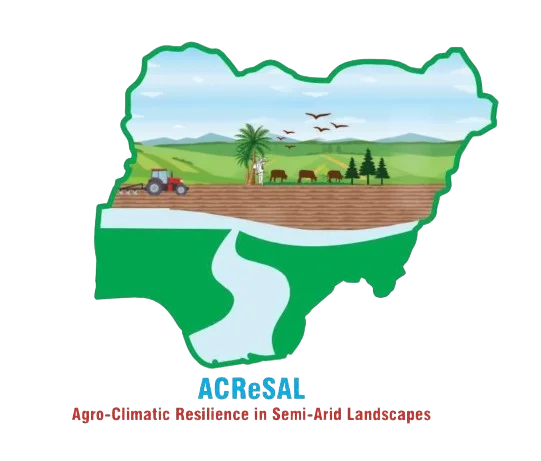A focal Nongovernmental Organization (NGO) Health Standard Concern Organization (HESCO) in collaboration with Zamfara ACreSAL embarked on training community leaders, extension agents, farmers, LGPIC and Community Interest Group (CIG) on sustainable practices for land management in Gusau local government area of the state.
Speaking during the opening ceremony of the sensitization programme organized by HESCO under the monitorship of ACreSAL, the Technical Lead, Dr Ahmad Hashim, said the aim was to inculcate the participants the importance of fighting soil erosion and other disasters that become obstacles to farming activities.
Dr Hashim who positioned that, Zamfara is one of the states with a high level of land degradation and desertification, said the main aim of the ACreSAL project in the state is to ensure the revival of lands been hit by the disasters in its quest to improve farming activities with a view to end abject poverty across states of the northern Nigeria which Zamfara State included.
He stressed that the project has the mandate to increase the adaption of sustainable landscape management practices in targeted watersheds with a view to strengthening Nigeria’s long-term framework for integrated climate-resilient landscape management.
“The concept of ACReSAL is to fund investments strategically in the area of ecosystem restoration, flood and sedimentation control, sand dunes stabilization, watershed infrastructure such as integrated dams/small-scale multi-purpose reservoirs and irrigation”, Dr Hashim has added.
Also speaking, the Zamfara State Coordinator of ACReSAL, Nasiruddeen Bello, said the main purpose for organizing the seminar was to sensitize the Gusau local government project implementation committees on the danger surrounding bush burning and deforestation.
According to Bello, the outcome of the meeting, the project implementation committees are expected to be educated on the ACReSAL activities which include three components amongst which is the restoration of degraded lands through dry land management, climate-resilience and to be well educated on how to overcome climate change.
He informed that the project will end in 2028 with expectations that Zamfara would become one of the states in the north to serve as farm producing ground capable of ending poverty amongst the teeming unemployed populace.















